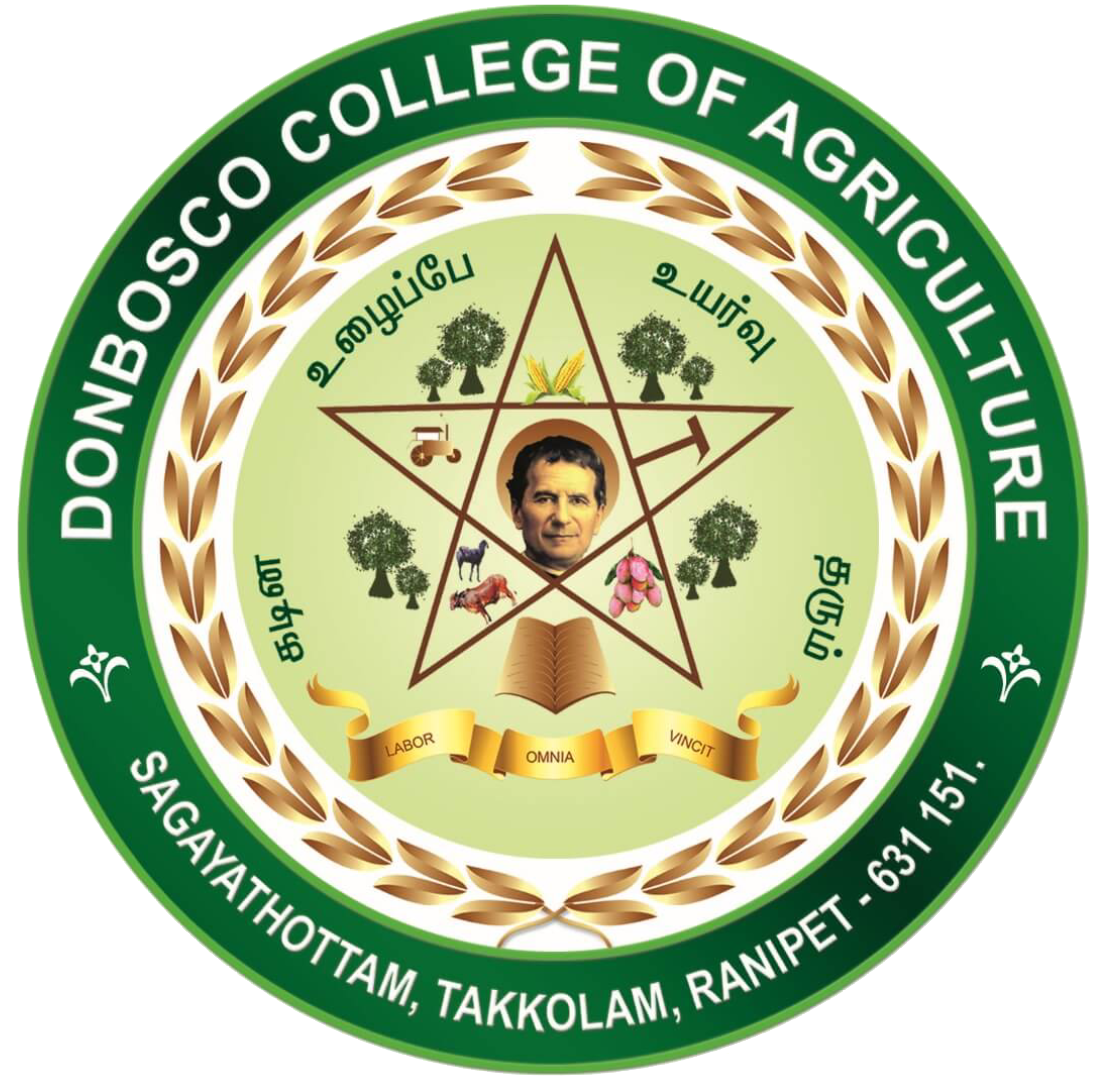Co-curricular activities in college are essential for holistic student development, offering opportunities for personal growth, skill-building, and community engagement outside of the classroom. These activities complement academic pursuits and contribute to a well-rounded educational experience.
- Student Clubs and Organizations: Colleges often host a wide range of student-run clubs and organizations focusing on diverse interests such as academic, cultural, recreational, and professional development. Examples include debate clubs, music ensembles, entrepreneurship clubs, and cultural associations.
- Sports and Athletics: Many colleges offer various sports teams and intramural leagues for students to participate in, promoting physical fitness, teamwork, and sportsmanship. Activities range from traditional sports like basketball and soccer to niche sports like rock climbing or ultimate frisbee.
- Volunteer and Community Service: Colleges encourage students to engage in community service and volunteer activities, fostering a sense of social responsibility and empathy. Students may participate in initiatives such as community clean-up projects, tutoring programs, or volunteering at local shelters and nonprofits.
- Internships and Career Development: Co-curricular activities often include opportunities for internships, externships, and career development workshops. These experiences help students gain practical skills, explore career paths, and build professional networks.
- Performing Arts and Cultural Events: Colleges frequently host performing arts events such as theater productions, music concerts, dance performances, and art exhibitions. These events provide opportunities for students to showcase their talents and appreciate cultural diversity.
- Leadership Development Programs: Colleges offer leadership development programs, workshops, and seminars to help students enhance their leadership skills, communication abilities, and teamwork capabilities. These programs empower students to take on leadership roles within campus organizations and beyond.
- Academic Competitions and Conferences: Co-curricular activities may include participation in academic competitions, conferences, and symposiums related to students' fields of study. These events enable students to engage in intellectual discourse, present research, and network with professionals in their fields.
- Student Government and Governance: Students may participate in student government bodies, student councils, or governance committees, where they have the opportunity to voice their opinions, represent their peers, and contribute to campus decision-making processes.
- Cultural Celebrations and Diversity Initiatives: Colleges often organize events and initiatives celebrating cultural diversity and promoting inclusivity on campus. These activities include multicultural festivals, diversity workshops, and awareness campaigns addressing social issues.
- Health and Wellness Programs: Co-curricular activities may also focus on promoting students' health and well-being through programs such as yoga classes, mindfulness workshops, health fairs, and mental health awareness campaigns.
Overall, co-curricular activities play a crucial role in enriching the college experience, fostering personal growth, leadership development, and a sense of community among students.

